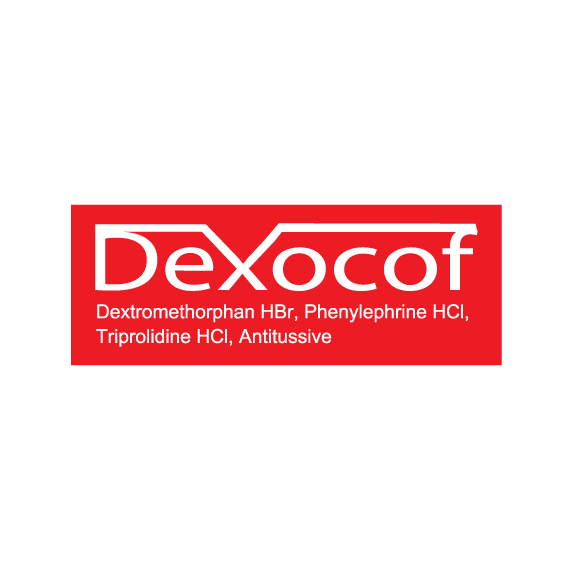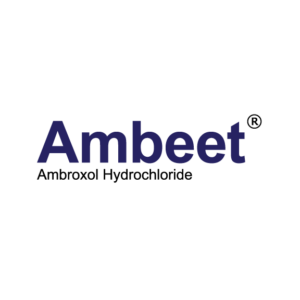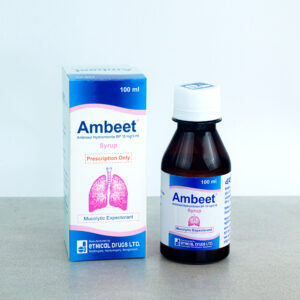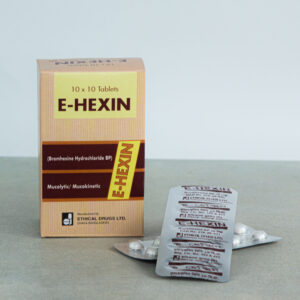DEXOCOF®– Dextromethorphan, Phenylephrine & Triprolidine BP
COMPOSITION
Dexocof Syrup : Each 5 ml syrup contains Dextromethorphan Hydrobromide BP 20 mg, Phenylephrine HCI BP 10 mg and Triprolidine Hydrochloride BP 2.5 mg.
PHARMACOLOGY:
This preparation is a mixture of antitussive, decongestant and antihistamine agent. Dextromethorphan is a safe, effective, non-narcotic antitussive agent which has a central action on the cough centre in the medulla. Although structurally related to Morphine, it has no analgesic and habit forming properties and in general it has little sedative activity. Phenylephrine is a decongestant that shrinks blood vessels in the nasal passage. It is used to treat nasal and sinus congestion of the tubes that drain fluid from inner ear. Triprolidine provides symptomatic relief in conditions believed to depend wholly or partly upon the triggered release of histamine. It is a potent competitive histamine H1-receptor antagonist of the pyrrolidine class with mild central nervous system depressant properties which may cause drowsiness.
INDICATION
Dexocof is indicated for the symptomatic relief of upper respiratory tract disorders accompanied by non-productive cough which benefits from the administration of a nasal decongestant, a histamine H1-receptor antagonist and an antitussive combination.
DOSAGE AND ADMINISTRATION
Adults & Children over 12 years: 1 teaspoonful 4 times a day. 6-12 years: 1/2 teaspoonful 4 times a day. A physician’s advice should be obtained before administering this combination to children less than 6 years, May be taken with or without food.
SIDE EFFECT
Side effects of Dextromethorphan appear to be rare and may include drowsiness. Prostatic enlargement could have been an important predisposing factor.
PRECAUTION
This combination may cause drowsiness. It may impair the patient’s ability to drive and also to use machineries. Although there are no objective data, users of this syrup should avoid the concomitant use of alcohol or other centrally acting sedatives. As with other sympathomimetic agents caution should be exercised in patients with hypertension, heart disease, diabetes, hyperthyroidism, elevated intraocular pressure and prostatic enlargement. This combination should not be used for persistent or chronic cough that as occurs with smoking, asthma, or emphysema or where cough is accompanied by excessive secretion unless directed by a physician.
CONTRAINDICATION
This combination is contraindicated in patients with a known hypersensitivity to Dextromethorphan, Phenylephrine or Triprolidine as well as in persons under treatment with Monoamine Oxidase Inhibitor within 2 weeks of stopping such treatment.
USE IN PREGNANCY AND LACTATION
There are no specific data on use of this combination during pregnancy & lactation.
STORAGE
Do not store above 30° C. Keep away from light and out of the reach of Children.
PACKAGING
Dexocof Syrup: Each bottle contains 100 ml syrup.








